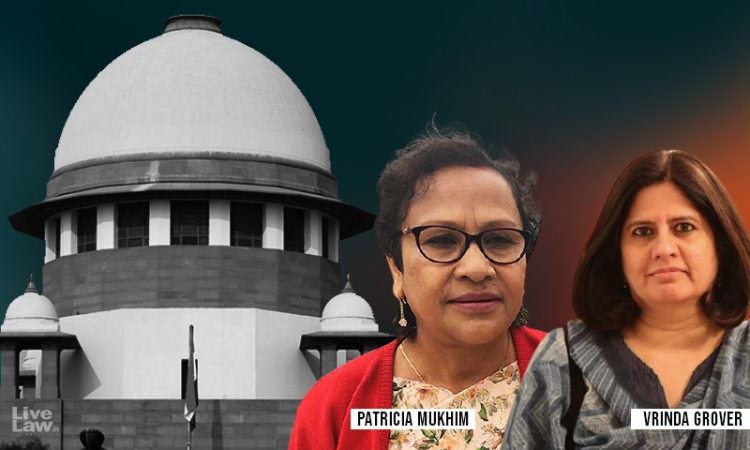"Call For Justice Not Hate Speech": Supreme Court Quashes FIR Against Journalist Patricia Mukhim
Radhika Roy
25 March 2021 1:56 PM IST

""The fervent plea made by the Appellant for protection of non-tribals living in the State of Meghalaya and for their equality cannot, by any stretch 13 | P a g e of imagination, be categorized as hate speech. It was a call for justice - for action according to law, which every citizen has a right to expect and articulate", said Supreme Court
Next Story


